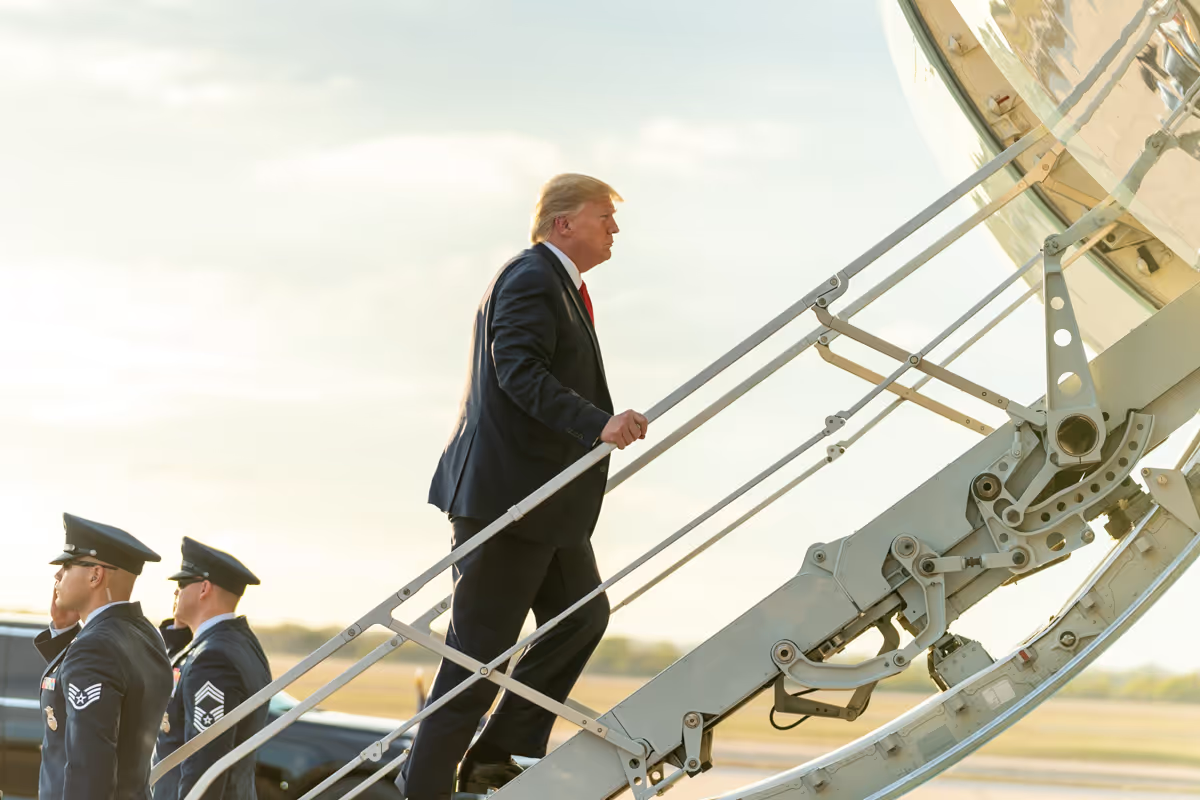A new commentary from the Quincy Institute for Responsible Statecraft critiques the American Enterprise Institute's call for substantial increases to Pentagon spending, arguing it ignores the detrimental outcomes of past military interventions. The report asserts that a military-first strategy has consistently failed to achieve its objectives and has created further instability.
A new commentary from the Quincy Institute for Responsible Statecraft critiques the American Enterprise Institute's call for substantial increases to Pentagon spending, arguing it ignores the detrimental outcomes of past military interventions. The report asserts that a military-first strategy has consistently failed to achieve its objectives and has created further instability.
The issue:
Pentagon Spending and Ineffective Military Policy
The American Enterprise Institute claims a Russian victory in Ukraine necessitates over $800 billion in additional Pentagon funding, despite the Defense Department's budget already exceeding $1 trillion annually. Historical evidence highlights that increased military spending has not only been ineffective but has also contributed to humanitarian crises and instability, costing over $8 trillion since 9/11.
What they recommend:
Need for a New Approach
Quincy Institute experts argue for a shift away from a purely military-centric foreign policy, advocating instead for strategies that prioritize peace and diplomacy. They urge a re-evaluation of military spending in light of historical failures and current geopolitical realities.
Go deeper:
Consequences of Military-First Strategy
The Costs of War Project shows that America's post-9/11 conflicts resulted in hundreds of thousands of deaths and thousands of veterans suffering from injuries, all while failing to achieve strategic objectives. The report points out that Russia's current military performance in Ukraine reveals significant flaws, indicating that increasing U.S. military spending would not effectively counter a weakened adversary. Moreover, it calls for European allies to enhance their military capabilities to reduce reliance on U.S. forces.
This is a brief overview of a policy analysis from Quincy Institute for Responsible Statecraft. For complete insights, we recommend reading the full policy analysis.










